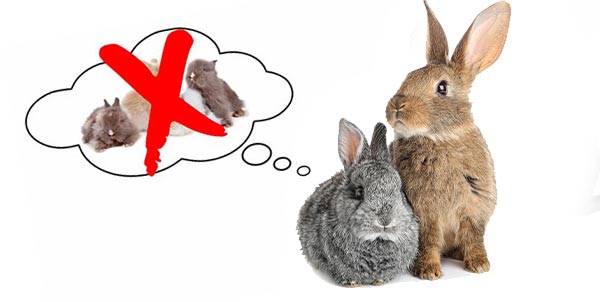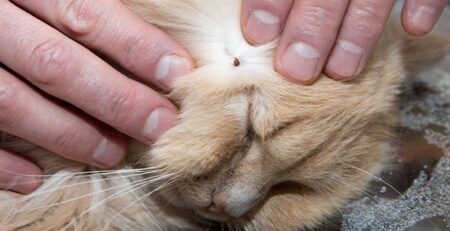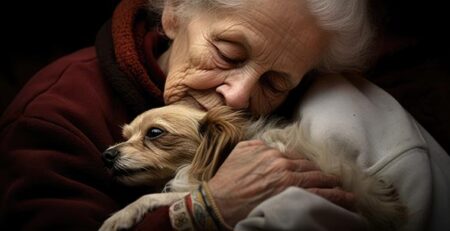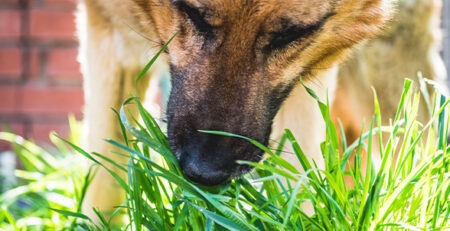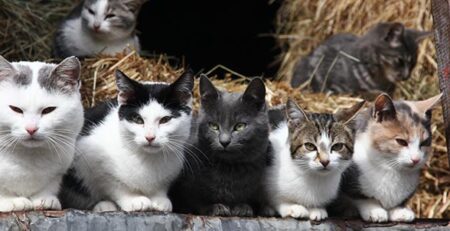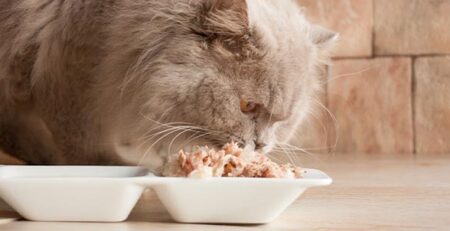Table of Contents
Rabbits in heat: it is important to resort to spaying the female and neutering the male to protect their mental and physical well-being.
Rabbits in the wild mate and breed to ensure the preservation of the species, but for those that live in our homes or gardens, on the other hand, there are very valid reasons to protect their mental and physical well-being that make it necessary to spay the female and castrate the male.
Rabbits, sympathetically known as “nigli,” are the third most common animal in Italy, and yet, even today, there is a lack of sufficient ethological awareness and culture regarding exotic and unconventional animals.
Confirming this, many wrongly claim that spaying and neutering rabbits are “unnatural” acts.
The sexual maturity of rabbits
Male rabbits reach sexual maturity around months old, even earlier the dwarfs (2-3 months) and later the large breeds (4-6 months).
Rabbits become sexually mature around 4-6 months of age.
Spaying and neutering a young rabbit is always the recommended choice; however, the procedure can also be performed on already adult rabbits.
When the rabbit breeding season begins and when it ends
Rabbits are receptive 365 days a year and continually feel the urge to mate.
The female, on the other hand, is a polyestral animal, meaning she has multiple estrous cycles during the breeding season, which begins in spring and continues throughout the summer.
Females have “induced ovulation,” which means they stay in heat until they mate. A vicious cycle, basically.
Rabbits that cannot mate get very stressed
Rabbits that fail to mate live in a state of continuous and perpetual agitation: this “hormonal” stress negatively affects their mental and physical well-being.
If you have one formed by male and female you have to intervene on both.
Hormonally stressed rabbits do not live well and are not happy: if you think locking them in cages or, worse, mating them is a remedy, know that it is not the right solution.
Signs of hormonal stress in the rabbit
Rabbits express their strong distress through certain behavioral abnormalities:
-become nervous, aggressive and biting
-show impatience with pampering and manipulation
-mark the home environments with feces and urine with a very strong odor
-strong instincts will lead the male to mount anything (your feet, slippers, stuffed animals, other animals in the house).
The ‘only way to allow rabbits to live a quiet and peaceful life, alone or in pairs, is to prevent the production of sex hormones through spaying and neutering.
The sterilization of the female rabbit
For females, there are 2 types of surgeries:
- Ovaristerectomy: involves exporting both the ovaries and uterus and shields the female from future reproductive cancer problems.
- Ovariectomy: in this case only the ovaries are removed. This operation is simpler and quicker and can usually be done in rabbits no older than 8 years of age.Over time, a young rabbit’s uterus atrophies and is no longer prone to infection.
The castration of the male rabbit
The operation in the male is less invasive and consists of removal of the testes.
The male, because of the hormones already in his system, remains fertile even for the period immediately following castration, and if he cohabits with a female who has not yet been spayed, you need to keep them separated for at least 3 weeks.
What risks unsterilized female rabbits face
The risk of cancer is extremely high in the rabbit, even approaching 80% of cases in females over 2 years of age.
Uterine adenocarcinoma is the most common cancer, develops metastases throughout the body, and gives no premonitory signs.
By the time symptoms appear (blood loss, apathy, apathetic, anorexia) it may already be too late to save your rabbit’s life.
Pseudopregnancy, better known as hysterical pregnancies, is also common in rabbits.
The rabbit behaves exactly as if she were to give birth and nurse the young: her abdomen and udders increase in volume and she sheds fur to prepare the nest for the pups.
After 15 to 18 days, during which the mental and physical stress afflicting the rabbits is extremely high, the hysterical pregnancy ends and the heat begins again.
Such episodes can occur several times a year and exponentially increase the risk of breast and uterine neoplasms, pyometra (i.e., uterine infections), and ovarian cysts.
Spaying and neutering, by eliminating the influence of sex hormones on behavior, preserve rabbits from the consequences that hormonal stress causes, and thus zero out episodes of aggression and restlessness to the benefit of their well-being.
Rabbits only benefit from lack of sexual activity
Lack of sexual activity does not lead to discomfort because animals do not experience sex as humans do, and rabbits do not have the need to become “mothers” as women do.
There is no point in letting the female have even a single litter: a pregnancy and birth is always and everywhere dangerous.
Not to mention the distress for the rabbit of having the pups taken away and the difficulty for the owners to place them properly.
For the care and management of your rabbits, rely on a Veterinarian experienced in exotic and unconventional animals: spaying and neutering should be performed by a trained professional.
In this regard, we would like to remind you that Clinica La Veterinaria employs Veterinary Doctors experienced in exotic and unconventional animals with whom you can book an appointment for a specialized consultation.
Clinic The Veterinary Clinic is always open, every day including holidays and with First Aid service from 8 pm to 8 am.
For the joy of seeing them HAPPY.

